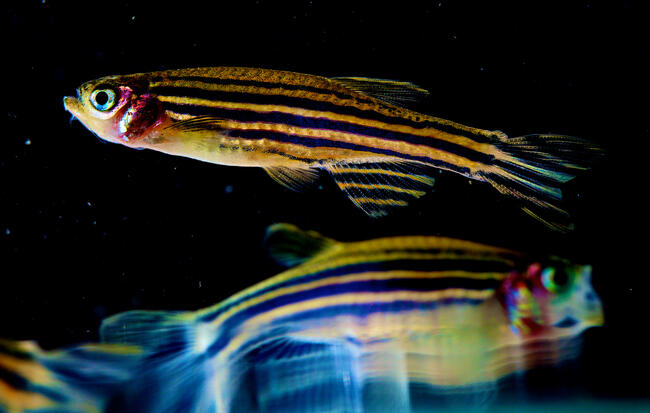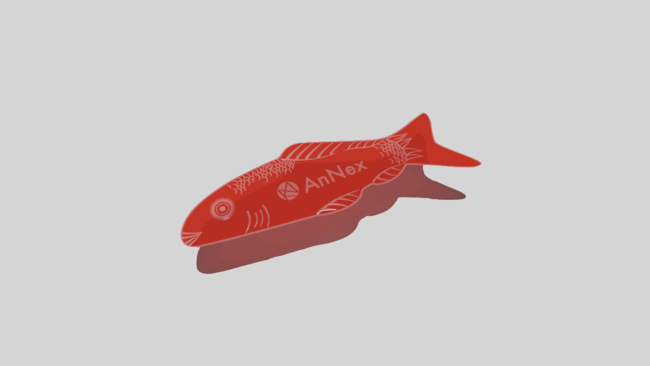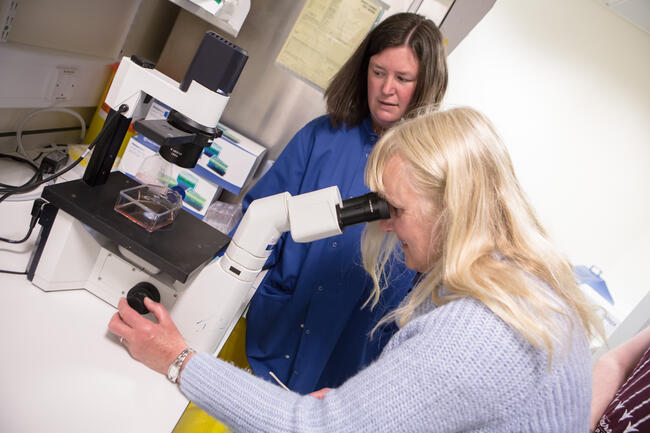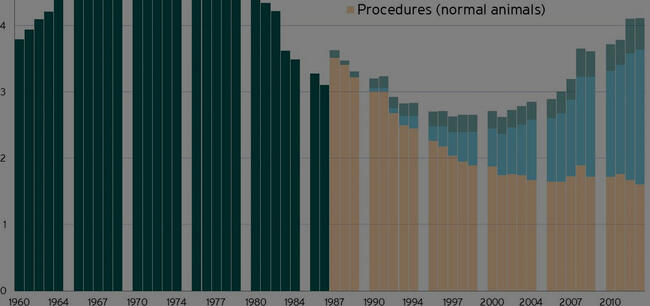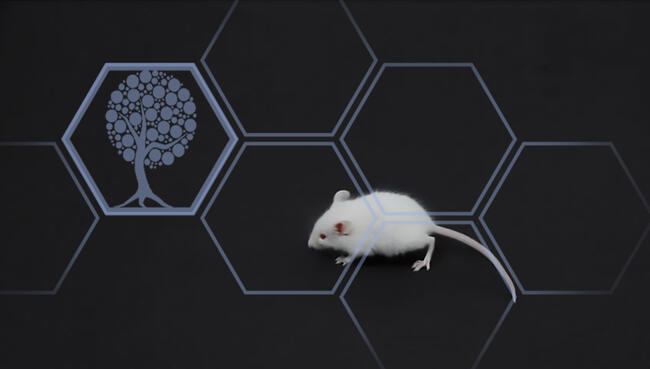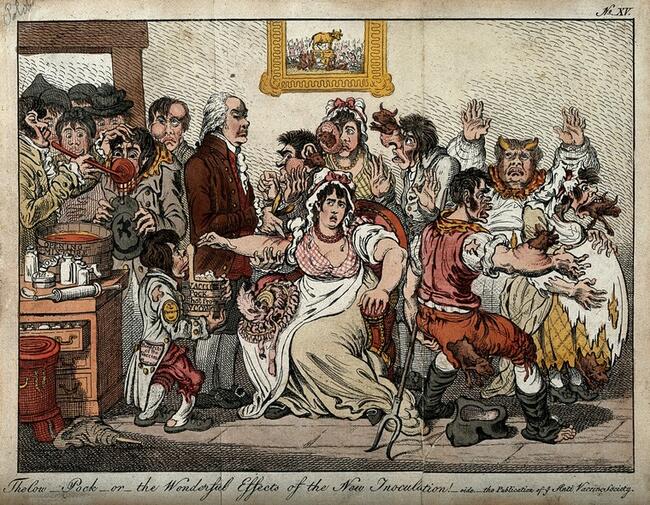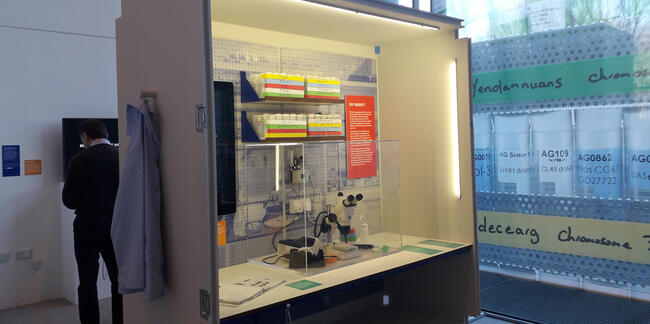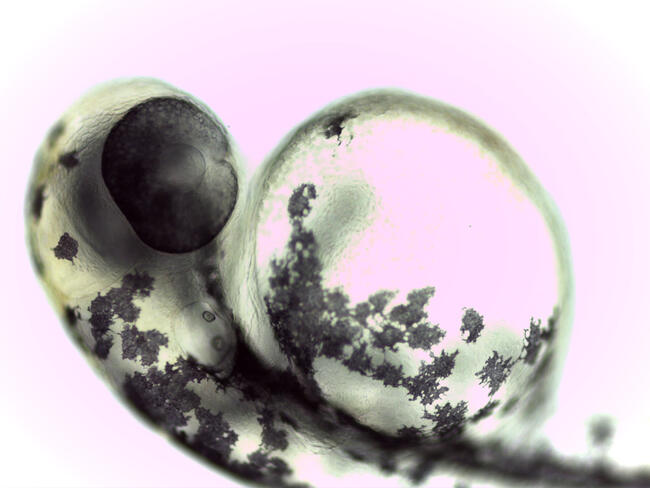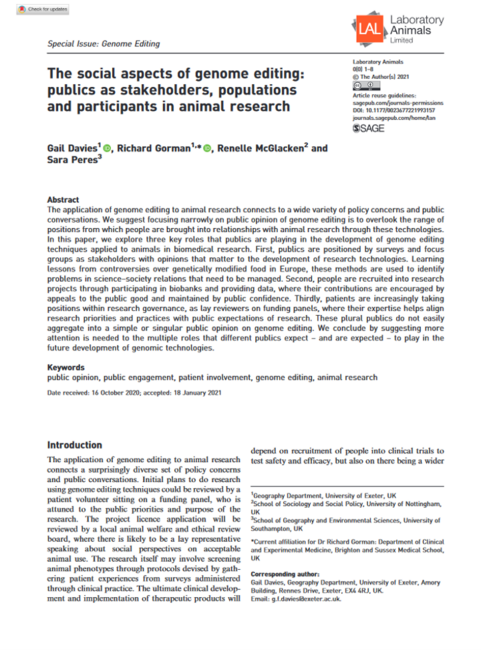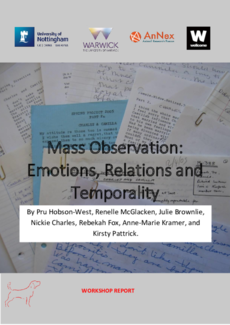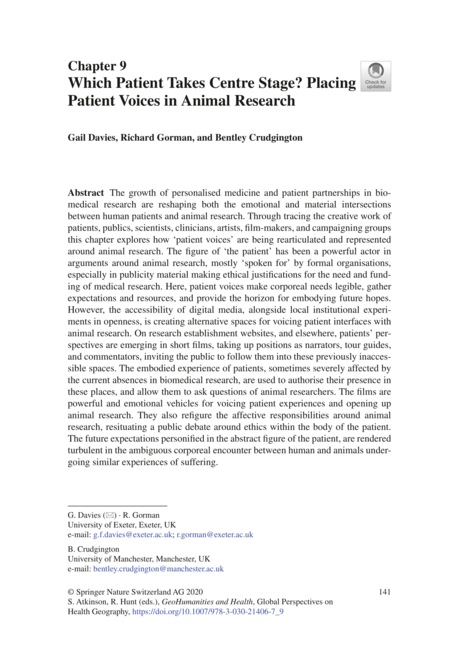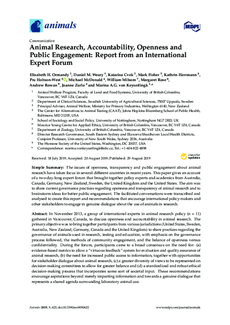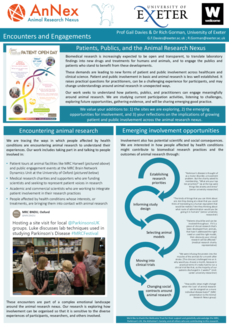Animal Research in Public
Relevant, tagged site content:
Blog entry
In our work on the cultures of care and communication in animal research, we often asked ourselves the question: why are fish not the ‘poster critters’ of animal research?
Talking about the history of animal research can be tricky: the subject remains divisive, and using images poses further challenges.
A lot of guidance has been written about how to actively involve patients and the public in clinical research, and evidence is growing about the value of this.
Vector is an interactive experience, which uses elements of performance, game, and integrated technology to open up dialogue about the ethical dilemmas of using animals as part of medical research.
This is one of a series of Animal Research Nexus blogs drawing on our current and past work to explore the human-animal and science-society entanglements in the Covid-19 pandemic.
I visited the Craft and Graft exhibition at the Crick Institute before it closure in early February 2020.
How do publics talk about or reflect on animal research? Can animal research be considered part of everyday life? How can researchers use archives to understand engagement with sensitive topics?
Numbers can be a contentious issue in animal research.
Earlier this year, the MRC Brain Network Dynamic Unit invited lay members of local branches of Parkinson’s UK to visit the unit
Animal research can be a controversial issue. It involves complex questions across science, health, animal welfare, and ethics and is the subject of ongoing social and scientific debate.
In June 2018, several members of AnNex flew to the beautiful city of Vienna to take part in the 14th Congress of the European Society for Agricultural and Food Ethics (EurSafe) with a workshop on animal resear
Events
How, why (and why not) are fish utilised as mascots in public engagement with animal research?
Have you ever thought about the role that animals play in producing new medicines? Want to try a creative way of thinking about this topic?
Publications
The application of genome editing to animal research connects to a wide variety of policy concerns and public conversations. In this paper, we explore three key roles that publics are playing in the development of genome editing techniques applied to animals in biomedical research: as publics, as populations, and as participants.
The Mass Observation Project is in the care of the University of Sussex and based at The Keep in Brighton. It represents a unique repository of rich textual accounts which span the breadth of ‘everyday life’. These accounts are produced by the MOP’s voluntary correspondents, who are referred to as ‘Mass Observers’, and whose writings are guided by ‘Directives’ which entail a set of questions or prompts on a particular topic.
In Summer 2016, the University of Nottingham commissioned the first Directive on animal research, and analysis has now begun. In June 2019 Renelle McGlacken and Pru Hobson-West co-organised a workshop to critically consider some of the larger conceptual and methodological themes raised by the use of Mass Observation as a research tool, particularly (but not exclusively) when researching animals and interspecies relations.
We are delighted to share our report of the workshop and would welcome any feedback. Please feel free to share the report with your colleagues and wider networks.
Part of the Animal Research Nexus programme involves exploring the changing relationships between people affected by different health conditions and animal research. This chapter explores how ‘patient voices’ are represented around animal research.
The issues of openness, transparency and public engagement about animal research have taken focus in several different countries in recent years. This open access paper gives an account of a two-day-long, international expert forum on this topic.
This poster explains our research exploring how patients, publics, and practitioners might engage meaningfully around animal researc and identifying how people affected by health conditions might contribute to the research practices that potentially involve animal research.

